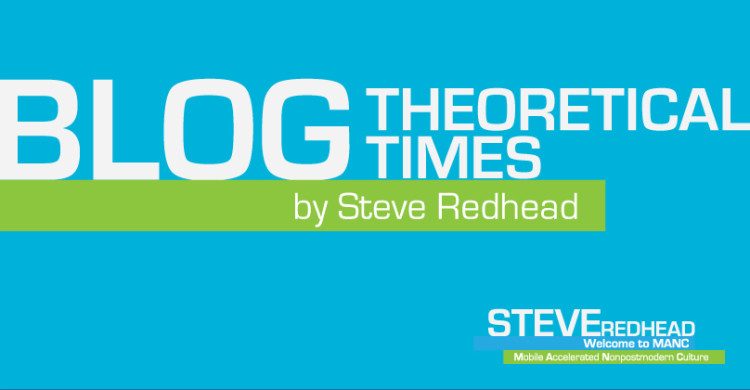
Is neoliberalism dead? A new political economy developing apace in the western world will tell us what to expect in this field and whether we can indeed now start to say goodbye to this failing system which has dominated the globe since the early 1970s. We need contributions to the critique of political economy today as much as Karl Marx did in his day. ‘A critique of political economy’ was the subtitle of Marx’s three volume timely masterpiece Capital, first published in the mid-nineteenth century. One of the most important inheritors of Marx’s legacy is Marx’s countryman Sociology Professor Wolfgang Streeck. Streeck’s recent books Buying Time: The Delayed Crisis of Democratic Capitalism and How Will Capitalism End? Essays on a Failing System are brilliant and analytically forensic and make a lot of sense in our current post-crash condition. The delayed crisis and the failing system are crucial terms for us in our present political and economic dilemmas. But the end of neoliberalism has been predicted before and as Colin Crouch argued in his book The Strange Non-Death of Neoliberalism rumours of its demise have been premature. Streeck is very good on the global financial crisis of 2007 and 2008 which he labels The Great Recession. It is a useful reminder that the rise of the right that we are now experiencing across the globe was fuelled by the global financial crisis a decade ago.
The rise of the right globally has masked two parallel processes. These two processes are linked to political ideologies. They are on the one hand neoliberalism and globalisation and on the other economic nationalism and protectionism. The populist argument over the recent period (Trump in the USA, Brexit in the UK, Marine Le Pen in France, Pauline Hanson in Australia) has been rhetorically in favour of the second process and ideology. The neoliberals and globalists are represented by politicians like Emmanuel Macron and Justin Trudeau. The neoliberals and globalists (Angela Merkel, Malcolm Turnbull) now have swung, rhetorically, towards the centre and promised what used to be seen as social democratic programmes which help their populations survive the current dark times and continuing effects of the 2007 and 2008 global financial crisis. Theresa May, for instance, sounded like Friedrich Engels at the start of her role as Prime Minister a year ago such was her supposed ‘commitment’ to social justice. Donald Trump and others who got elected on the neo-right populist manifesto have a foot in both camps. May as an opportunist Conservative leader of a minority Tory government is now in a similar position after her failed snap election in 2017. After all Slavoj Zizek called Trump merely a centrist liberal after he got elected.
This division on the right between neoliberals and protectionists has complex refractions. As Anthony Barnett’s stimulating book Blimey, It Could Be Brexit, written as the Brexit referendum was unfolding and published online at the time, clearly demonstrated Brexit (a referendum called by Cameron to neutralise opposition within the Tory party) essentially involved an argument between the ‘Blairite’ Tories (Cameron, Osborne, now ousted from power) and the ‘Powellite’ Tories (Johnson and Gove, now both strongly positioned in the minority May cabinet). May straddled the two positions, opportunistically taking the PM post after Brexit without any opposition in the end. The two processes and ideologies are actually arguments, clearly, within the right – neoliberalism v protectionism. The left needs to develop an argument completely separate from these two poles within the right. Wolfgang Streeck in a new article called The Return of the Repressed, published in New Left Review 104, 2017, has captured this development better than anyone else. He argues that the battle between neoliberals and protectionists globally is set to last many years with great international uncertainty and danger to follow. A ‘dangerous modernity’ indeed, as I have christened it. Streeck calls it an interregnum, borrowing the term from the Italian theorist Antonio Gramsci. The damage done by this division within the right is much more than just a delayed governmental process in the UK. It is a global problem for the foreseeable future.
See you on the other side!